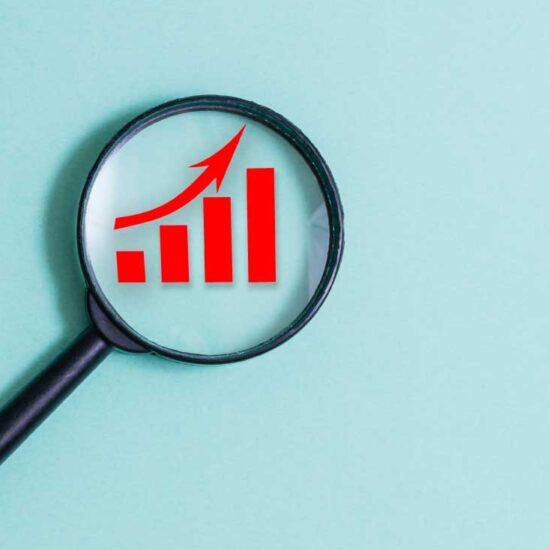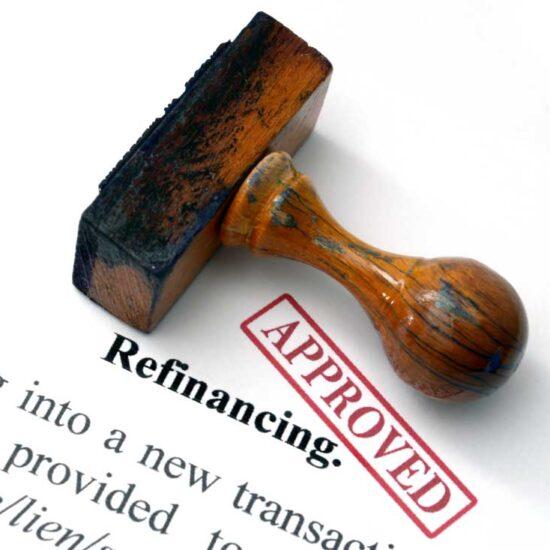
By Tina Howes, Mortgage & Finance Advisor – SmartMove
Recently I’ve been approached by some clients that are sitting on large cash deposits and are wanting to buy an owner-occupied property and an investment.
Due to reduced income currently (one had a baby on maternity leave, the other hasn’t yet returned to work since having children but is looking to go back in three months) they are wanting to buy the investment property first.
While this seems like a good idea, I wanted to share my views as to why I would generally advise against this.
The process would normally involve completing a borrowing capacity assessment whereby your bank or broker advises you on how much you can borrow.
This number will be broken down into a loan amount and purchase price for owner occupied and investment. Armed with this advice you decide to buy an investment property first.
- Your borrowing capacity now will likely not be the same as in 12 months’ time and it’s hard to predict what the lenders will actually lend you in the future. If you make a decision today based on your borrowing capacity and this changes, it’s possible you won’t be able to buy the same value home that was intended to suit your needs.
- What you think $1 million may buy you today may not be the same in 12 months’ time. It may be more, or it could be less – so there are many variables here.
- If either of the above eventuates and you have to sell the investment property in order to still be able to buy the right home – the buying and selling costs of around five per cent to buy and three per cent respectively means it’s not an easy, or cheap, asset to quickly liquidate if you aren’t happy with your decision. Property is a long-term investment!
- It is far easier to adjust the value of the investment property price than the owner-occupied property. Owner occupied property prices are driven by the needs of your family which includes location, schools and work transport, etc. An investment property can be anywhere in the country and easily adjusted up or down, depending on your borrowing capacity and deposit without any personal circumstances to factor in.
- If you buy the investment property first, you will need to use cash for the deposit. This isn’t an ideal situation from a tax perspective. It would be better saving the cash to use towards the owner-occupied property as this debt is not a tax deduction, and then use the equity in the home to borrow all of the purchase costs for the investment.
- The overall debt will likely be the same – but it’s just a smarter way of structuring the debt to ensure you can get the most tax back and therefore pay off your home loan sooner.
- If you don’t have the borrowing capacity to buy both an owner occupied or an investment property, there are times I will suggest buying an investment property first.
If you don’t have the deposit or capacity to buy an owner-occupied property in the location you desire and are not prepared to change that location, then I would certainly suggest an investment property first. It gets you in the market.
Even two investment properties, as it can get you in two different markets and hedge your risk. Over time you can then potentially liquidate the investments, having reaped the uplift of being in the market.
This is called rentvesting. It also allows you to move around as life circumstances change. Follow that dream job, go travel, and so forth.
Always check with your accountant and financial advisor for tax advice. This summary is my opinion based on over 20 years of lending experience and seeing customer experiences first hand.

Disclaimer: This article contains information that is general in nature. It does not consider the objectives, financial situation or needs of any particular person. You need to consider your financial situation and needs before making any decisions based on this information. This article is not to be used in place of professional advice, whether in business, health or financial.






